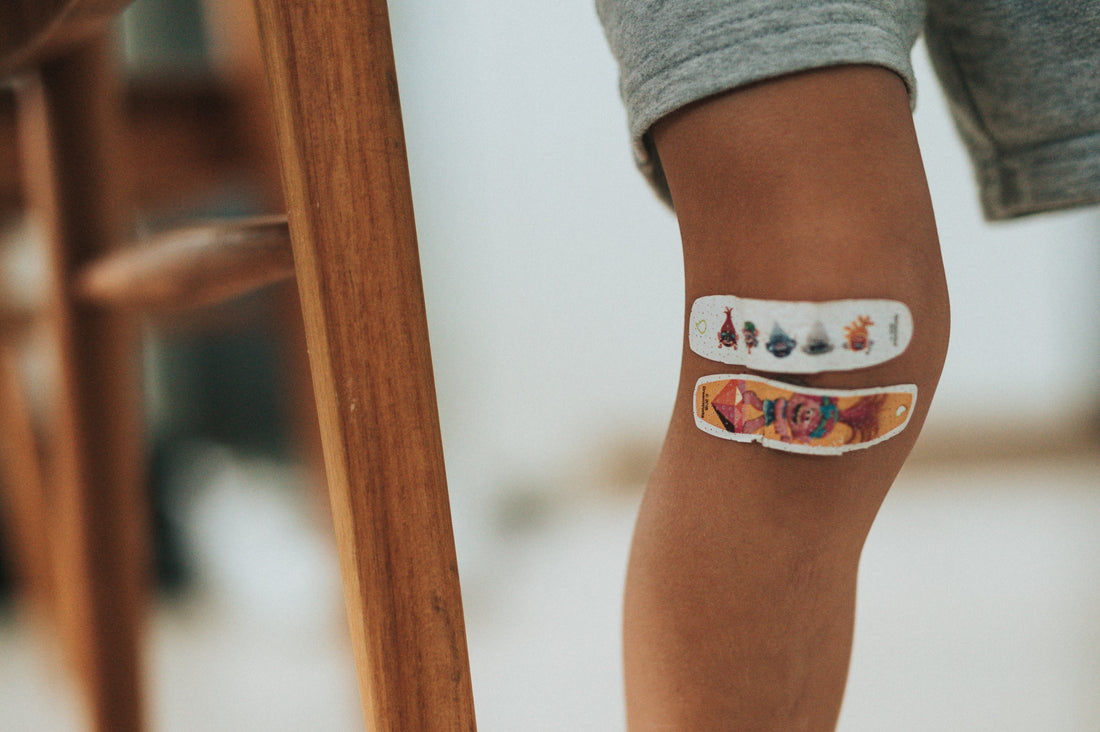
Oligoarticular juvenile idiopathic arthritis
BioCertica Content TeamOligoarticular juvenile idiopathic arthritis (JIA) is a type of arthritis that typically affects children under the age of 16. It is the most common type of JIA, accounting for about half of all cases. Oligoarticular JIA is characterized by inflammation in fewer than five joints, most commonly in the knees or ankles.
Arthritis is a disease condition that involves the degeneration of joints. Juvenile refers to children/youth, while idiopathic refers to diseases or conditions of which the cause is unknown; it develops spontaneously without explanation.
The symptoms of oligoarticular JIA include joint pain, stiffness, swelling, and difficulty moving the affected joint. However, some children may also experience fever, rash, and inflammation in other parts of the body, such as the eyes or gastrointestinal tract.
While the exact cause of oligoarticular JIA is unknown, research suggests that genetics may play a role in its development. Certain genes have been identified as increasing the risk of developing JIA. A family history of oligoarticular JIA may also increase the likelihood of developing it, further enforcing that the disease may be, at least partly, genetic in nature.
Diagnosis of oligoarticular JIA typically involves a physical exam, blood tests to check for inflammation, and imaging tests, such as x-rays or ultrasounds, to examine the affected joints. Treatment may include medications to reduce inflammation and manage pain, physical therapy to maintain mobility and flexibility, and, in some cases, braces to support the affected joints.
It is important to seek medical attention if your child experiences any symptoms of oligoarticular JIA. Early diagnosis and treatment can help manage symptoms, prevent further joint damage, and improve long-term outcomes. Especially if your child has a genetic predisposition, it's important to be aware of the symptoms and look out for them.
In conclusion, oligoarticular juvenile idiopathic arthritis is a type of arthritis that typically affects children under the age of 16. While the exact cause is unknown, genetics may play a role in its development. Early recognition of symptoms and prompt treatment can help manage symptoms and improve long-term outcomes.
Interested in trying the BioCertica DNA Autoimmune kit? Click here and add Autoimmune Diseases to your cart for only R1699.
If you own any other BioCertica DNA kit, you can instantly unlock your Autoimmune Disease results for only R659* in-app.
*Terms and conditions apply: Pharmacogenetics results are R1999 in-app.



